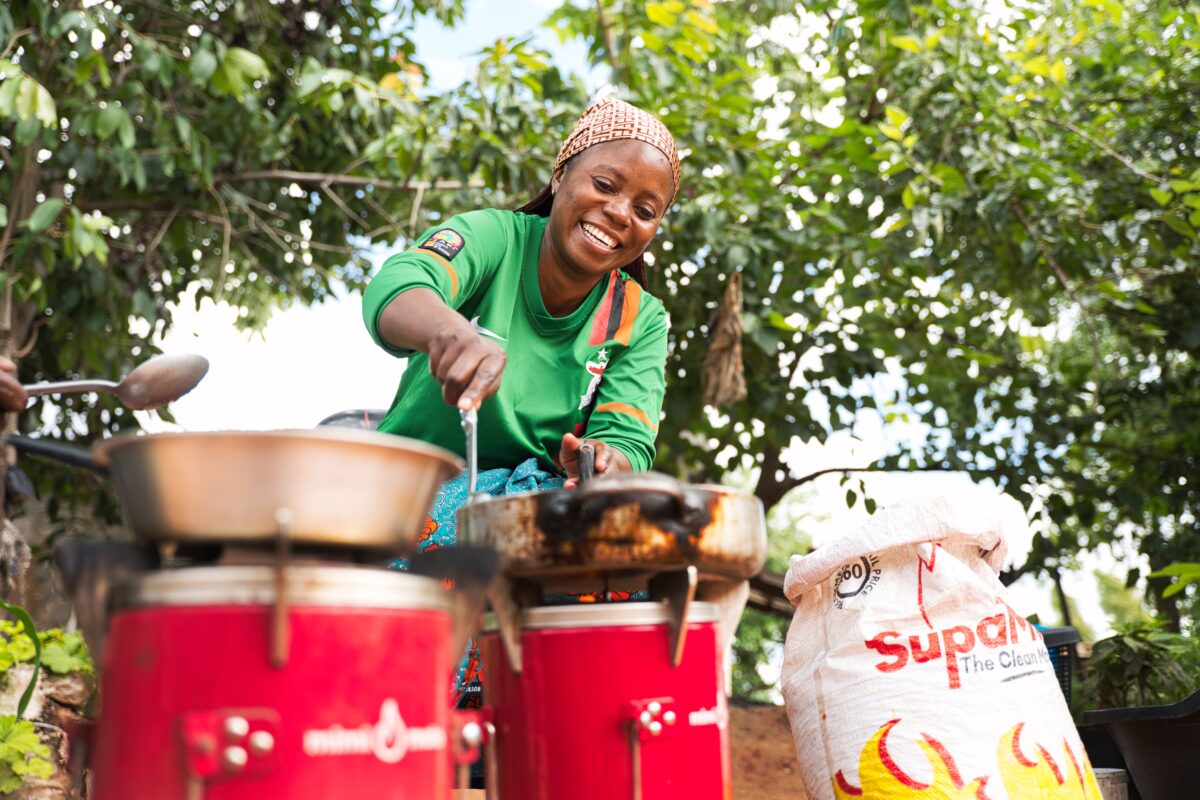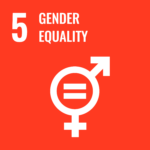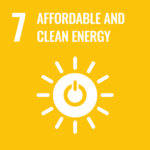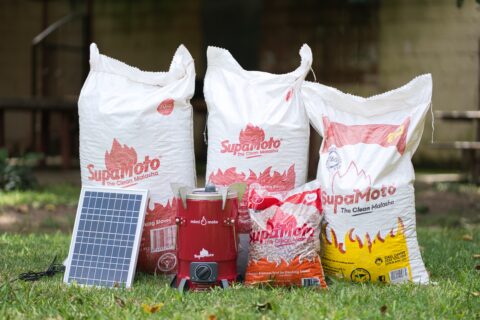Emerging Cooking Solutions (Supamoto) has developed Internet-of-Things (IoT)-enabled stoves which burn locally produced biomass pellets. PIDG and EDFI ElectriFi have invested to scale Supamoto’s offering in Zambia. The investment will enable Supamoto to upgrade pellet production and expand its logistics and distribution infrastructure to meet growing demand. The transaction will deliver 14,800 new cookstoves, benefiting up to 74,000 people (based on average household size).
As a subscription-based utility, Supamoto retains ownership of the stoves and maintains them, with customers committing to buy a minimum quantity of pellets per month. By targeting heavy charcoal users in urban and peri-urban areas, Supamoto’s offering will deliver both health and environmental benefits.




